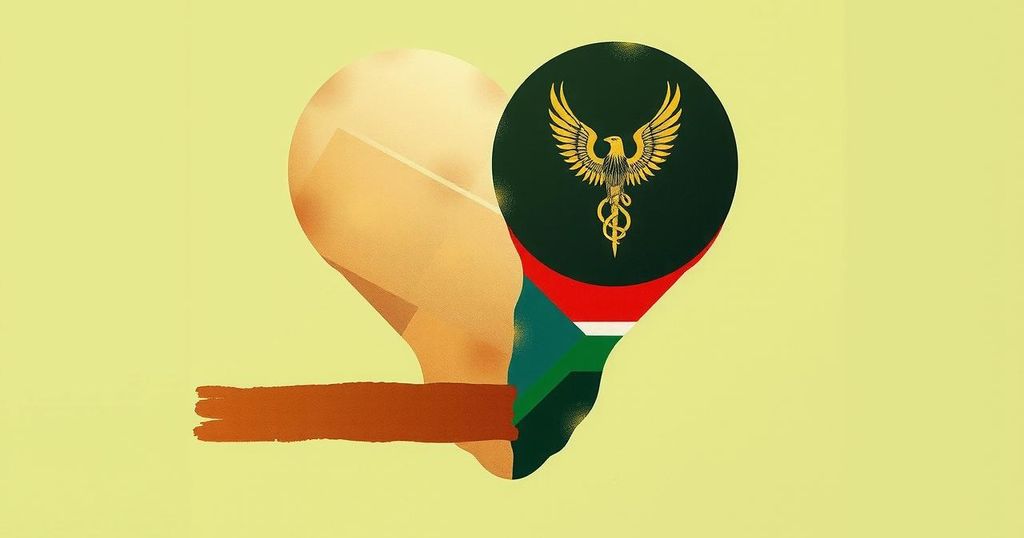The UN commission warns of alarming regression in South Sudan’s peace progress due to recent violence. Clashes between government forces and armed groups threaten a fragile power-sharing agreement. Calls from leaders urge a focus on peace processes as the country grapples with potential conflict escalation and the dire need for stability.
The United Nations commission on human rights has raised alarms about a significant regression in peace efforts within South Sudan, attributing this to escalating violence in the northeast. Yasmin Sooka, chairperson of the commission, emphasized that recent clashes threaten to reverse years of attained progress, intensifying concerns regarding the fragile power-sharing deal established in 2018 between President Salva Kiir and First Vice President Riek Machar.
Amid rising violence, which has involved armed groups allegedly linked to Machar, the situation amid clashes has placed the nation’s Upper Nile state at risk for further conflict. As expressed by Sooka, the community is at a crucial juncture, and she urged leaders to prioritize the peace process and the human rights of citizens.
The recent surge in violence began in February during skirmishes between the Sudanese armed forces and an armed youth militia in Nasir County. Uncertainty regarding the origin of the hostilities remains, yet Human Rights Watch has noted that rumors about forced disarmament may have exacerbated tensions. Recurrent clashes utilizing heavy weaponry have been documented by the United Nations Mission in South Sudan (UNMISS).
South Sudan’s information minister attributed part of the violence to the White Army, a local armed faction, alleging connections to Machar’s political party. With escalating tensions, Kiir ordered arrests of key Machar allies and effectively placed Machar under house arrest, further heightening the political tension. The situation deteriorated recently, as a UN helicopter was attacked during a rescue mission, resulting in casualties among crew members.
South Sudan, the youngest nation globally since its independence in 2011, has been embroiled in civil conflict since 2013, leading to devastating consequences. Although the Revitalised Agreement on Resolution of the Conflict was intended to unify military forces and lead to political reforms, these have yet to materialize. Members of the UN Commission on Human Rights expressed concern over a potential return to the reckless power struggles that previously plagued the country, highlighting the dire need for stability and peace for its citizens.
In conclusion, South Sudan faces a critical juncture with recent violence threatening the fragile peace established since 2018. The UN Commission on Human Rights has emphasized the urgent need for leaders to return focus on peace processes to avert further escalation of conflict. With ongoing struggles and systemic issues, the South Sudanese populace continues to long for stability and an end to cycles of violence.
Original Source: www.aljazeera.com




